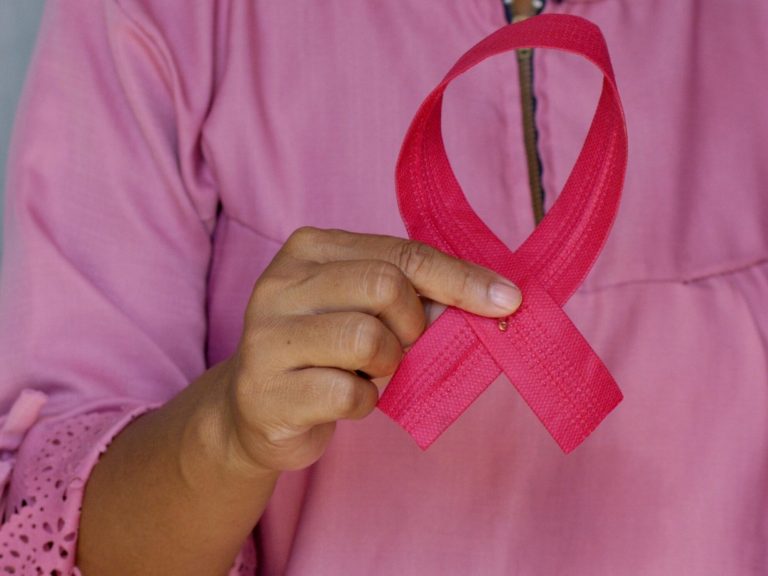Will a new vaccine save us from another pandemic? Scientists give hope

Scientists in the UK have a plan to “stop it in the bud” should the next pandemic occur. A team of researchers is working on a vaccine against another virus.
The start of the COVID-19 pandemic was a huge surprise for everyone. The state of epidemic emergency in our country formally ended on July 1, 2023, but some people with the effects of the pandemic (health, economic or social) still have to struggle. Scientists in the UK are working to prevent the scenario that began in 2020 from happening again. In this way, the need to create lockdowns and other solutions that hinder the normal functioning will be minimized.
“We’re saying that (COVID-19 – editor’s note) was the biggest public health incident in a century, but I don’t think any of us thought it would be a century before the next one,” said Jenny Harries, head of the British Health Safety Agency ( UKHSA).
Vaccine for the next pandemic
British scientists have started working on a vaccine whose task is to prevent another pandemic. It would be a safeguard in the event of the yet unidentified “disease X”. Work on such a vaccine is underway at the Porton Down government laboratory complex in Wiltshire, south-west England. According to the BBC, it is one of the few places in the world equipped with the facilities to study some of the most dangerous viruses and bacteria imaginable.
The vaccine that scientists are working on is supposed to be a protection against a pandemic caused by zoonotic viruses. Researchers have compiled a list of such viruses that can be a threat to humans and have the ability to spread quickly around the world. However, it is currently unknown which of these viruses could cause the next pandemic, which is why the disease associated with it has been dubbed “disease X”. The 280 scientists working at Porton Down aim to “find threats at source and control them before they spread”.
What we’re trying to do here is ensure that if there’s a new disease X, a new pathogen, we’ve prepared, we’ve done as much of this work in advance as possible. Let’s hope we can prevent a pandemic. But if it doesn’t and we have to act, we’ve already started developing vaccines and drugs to deal with it.” Jenny Harries.
An attempt to prevent new diseases
The Vaccine Development and Evaluation Center (VDEC) at Porton Down originally focused on testing vaccines against novel COVID-19 variants. Now, however, it has expanded its activities. Currently, researchers are monitoring high-risk pathogens, including:
-
bird flu,
-
monkeypox and hantavirus,
-
rodent-borne disease.
VDEC’s ongoing work on a potential vaccine to prevent another pandemic is the UK’s contribution to the “100 Day Mission”, which aims to deploy an effective vaccine within 100 days if a new pandemic threat is identified.
Are we facing the next pandemic?
According to experts, climate change as well as human activities increase the risk of future pandemics. “What we are seeing is growing threats around the world. Some of these are due to urbanization, where the virus can spread to people living nearby, as has been the case with avian flu. And some of them are due to climate change, as ticks and mosquitoes move to places where it used to be cold, and now it’s getting warmer” – said Prof. Jenny Harries.
Until the outbreak of the COVID-19 pandemic, it took a decade to design and test new vaccines. The extraordinary circumstances of the recent pandemic meant that the first COVID-19 vaccines were produced within a year, with roll-out starting in December 2020. The researchers point out that the lessons learned from the COVID-19 pandemic will now make the world better prepared for the next pandemic, and if a new disease emerges, it will be possible to react almost immediately.






